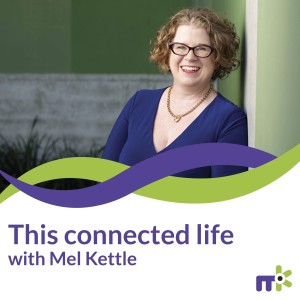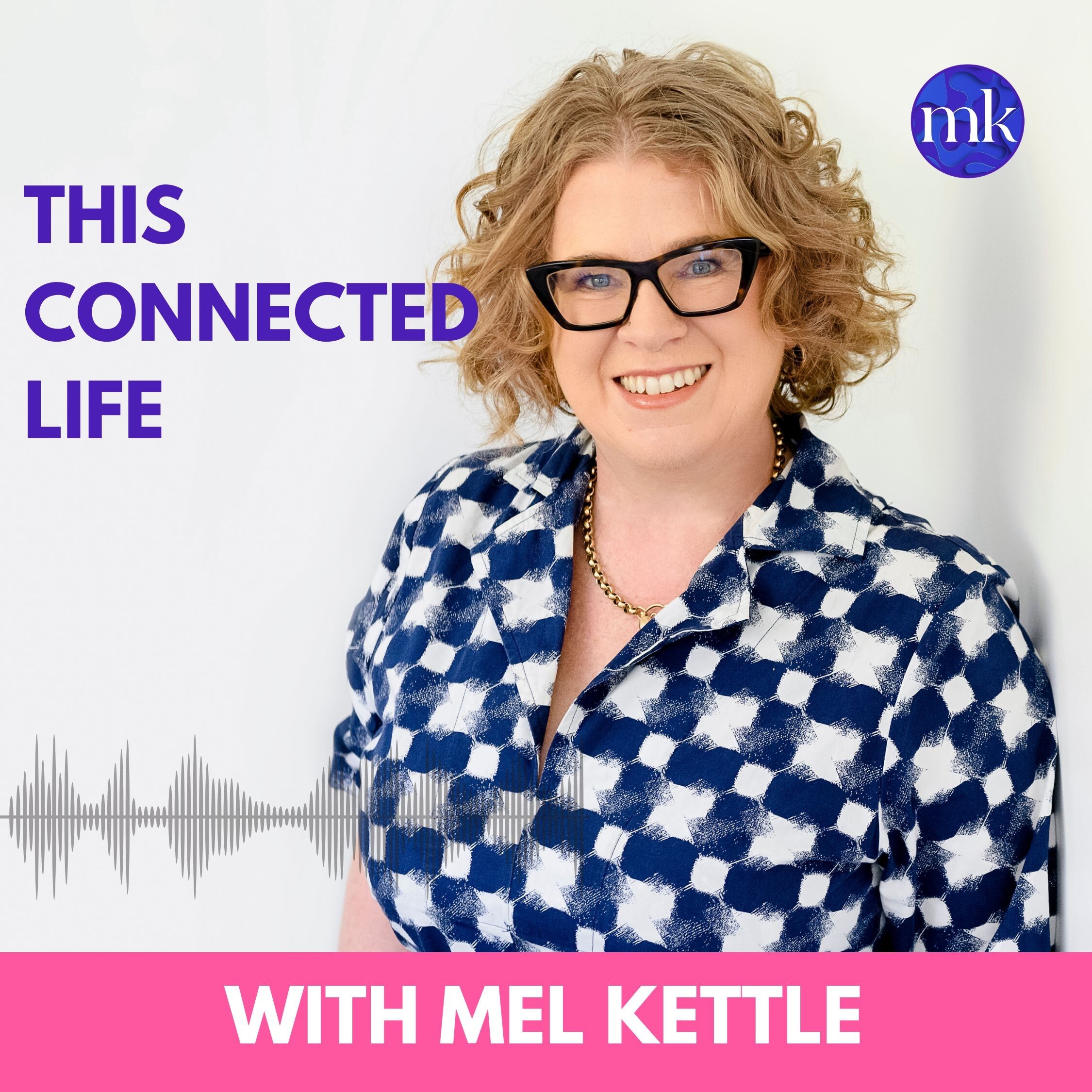Episodes

Tuesday Nov 26, 2019
The importance of rest
Tuesday Nov 26, 2019
Tuesday Nov 26, 2019
In my last solo episode I spoke about the importance of sleep. Today I want to talk about rest.
Our brains thrive when they have time to rest. We make over 30,000 decisions a day, so the cognitive load on our mind is immense. If we don’t take some time during the day to rest our brains, our performance, moods and physical and mental health all suffer.
The risk of fatigue is well known. When we are over-tired our brain switches off and we have micro-sleeps. These can last from a fraction of a second to thirty seconds. Long enough to have a car accident if you’re driving.
Our brain has the same reaction to serious sleep deprivation as it does to excessive alcohol consumption. In fact, being awake for 17 hours has the same impact on our cognition and our bodies as having a blood alcohol content of .05. And 21 hours awake is the equivalent of a blood alcohol content of .08.
Our brains have two modes of processing and are designed to have regular rest periods:
- The first mode is when we are focused and concentrating on tasks, solving problems and processing incoming information – this includes when we scroll through Instagram or Facebook, do work that requires us to think and when we are watching TV.
- The second mode is the default mode network, which switches on when our minds start to wander – such as when we are in the shower or out for a walk. It’s when our brain is in default mode that we get some of our best ideas.
Our brains work best when we give them the opportunity to switch between these two modes. Something that happens with less frequency when we are glued to our phones…
Ferris Jabr writes in Scientific American “downtime replenishes the brain’s stores of attention and motivation, encourages productivity and creativity, and is essential to both achieve our highest levels of performance and simply form stable memories in everyday life”.
So how can we rest?
Personally, I love a good power nap. Research has shown that a 20 minute power nap can increase cognitive performance by up to 40%, with the benefit lasting two to three hours.
If napping isn’t for you, or you don’t have an opportunity to nap during the day, there are plenty of other things you can do:
- Use a productivity technique such as 52:17 or Pomodoro
- Go for a walk or do some other sort of physical exercise
- Meditate for a few minutes
- close your eyes and taking some deep breaths to help relax your mind and body
- Unplug and enjoy the silence
- Go outside and get some fresh air
- Do something creative with your hands such as draw, knit, make some origami
- Get into the garden
The consistent pattern here is that you step away from your desk to do a different type of activity that doesn’t require a lot of thought.
Getting enough rest isn’t only about enough sleep. We need to make sure we give our brains time to rest during the day.
How do you rest your brain during the day? Or do you go flat out and fade at 3pm? Or sooner?
You can connect with me on LinkedIn or Twitter or Instagram using the hashtag #thisconnectedlife and tagging me @melkettle
If you enjoyed this podcast, I would love you to subscribe on iTunes or Spotify or via the podcast app on your smartphone.
If you REALLY loved it, please leave me a rating and review on iTunes.
Version: 20241125


Comments (0)
To leave or reply to comments, please download free Podbean or
No Comments
To leave or reply to comments,
please download free Podbean App.